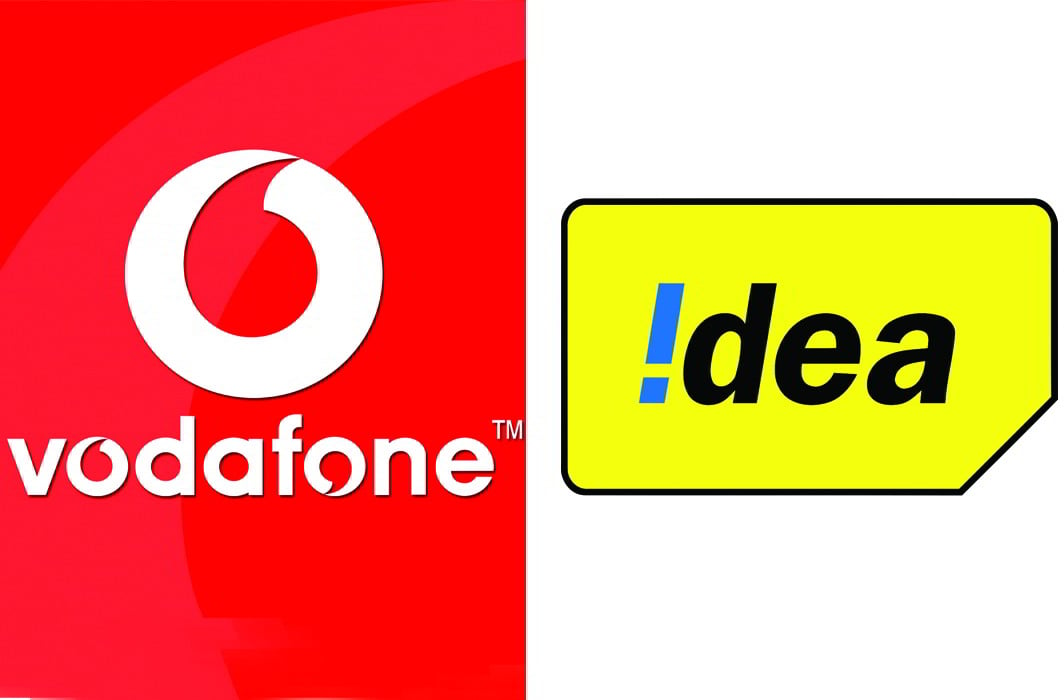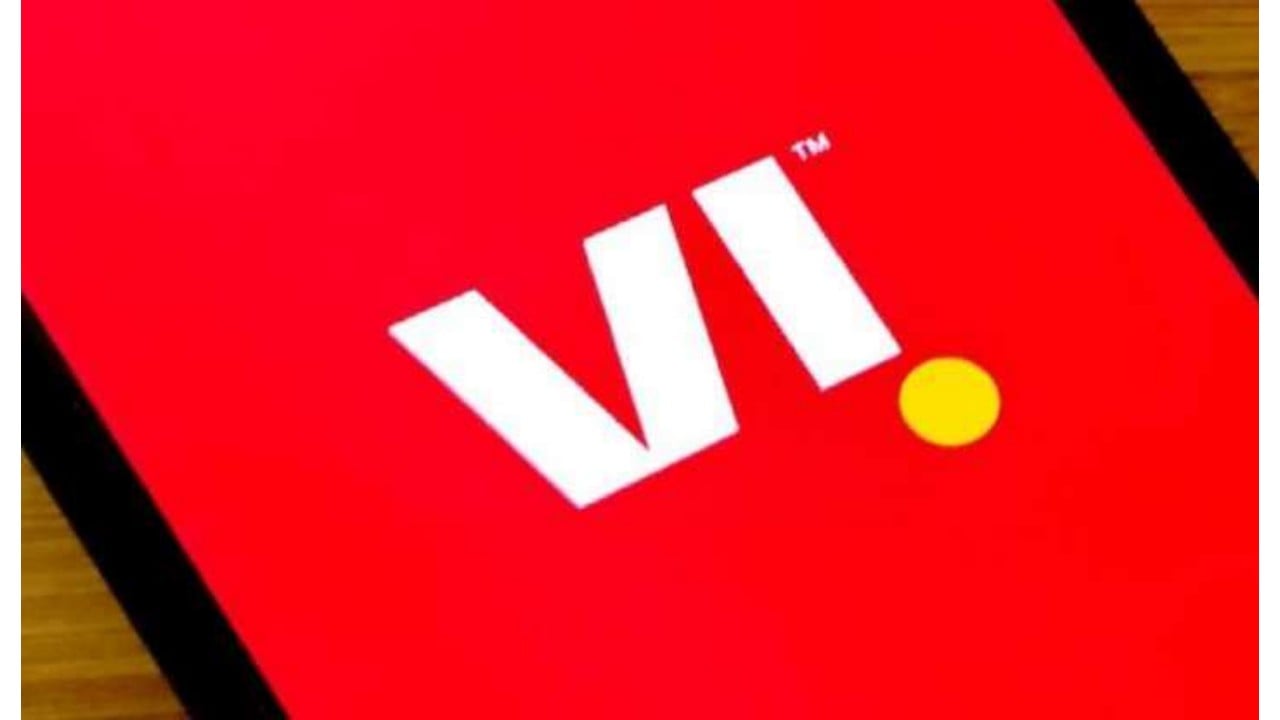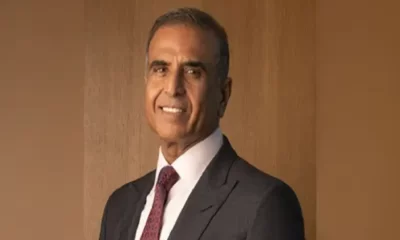[vc_row][vc_column][vc_column_text]Cellular telephony in India a loss-making leviathan that cannot last
By Sindhu Bhattacharya
As it becomes clear that India’s number two and three telecom operators, Vodafone India and Idea Cellular, explore a merger, the question really is why not? For the first time in its history, India—the world’s second largest telecom market—is inching towards a revenue loss.
Analysts say India’s telecom industry could see between 3-5% revenue loss this fiscal as heightened competition and falling ARPUs (Average Revenue Per User) plague the players.
To a large extent, this is a consequence of the arrival of a new entrant in an already crowded market – Reliance Jio Infocomm launched services in September last year with a bouquet of freebies, distorting market pricing and forcing incumbent players to also launch various discounted plans.
With the entry of deep-pocketed RJio making conditions difficult, consolidation can only be a question of time. RJio came with free voice calls for life, free data for a limited period but its freebies continue till date. Remember, India’s telecom market has been fragmented all along. It had almost a dozen operators at peak – while this number has come down, it needs to further whittle down to only a handful of players, who can offer complete data service with high speed data and digital services. Lesser number of players but stronger players could push this market towards profitability at some point, the current fragmented structure surely wont.
Two analysts of brokerage Motilal Oswal, Aliasgar Shakir and Jay Gandhi, said in a note to clients that revenue and financial KPIs (key performance indicators) of India’s telecom market have sharply declined, thanks to the arrival of a new operator and the wireless industry is expected to see a decline of 3-5% in the current fiscal. “This will be for the first time and the market condition will only improve once the new operator starts charging subscribers…..new operator has severely impacted the market,” they said. The current fragmented, multi-operator telecom market should consolidate to only a handful of players.
The arrival of RJio is an indication that the going is getting tough, especially for the big three – Bharti Airtel, Vodafone and Idea. So the talks between Vodafone and Idea signal a good beginning. The merged entity will likely become India’s largest telecom firm, overtaking Bharti, with close to 42% revenue market share and a 36 percent subscriber market share. This means close to half the industry revenues and a third of its subscribers. Besides, the merged entity could report revenues of around Rs 74,500 crore.
Look at the market dynamics pre-RJio. In September last year, Bharti had only a third of the share of revenues while in terms of subscribers, its market share was lower at less than a fourth. And this was the number one operator in the market. Put simply, this means the largest player in the Indian wireless telecom market did not have three in four subscribers and earned only a third of the industry revenues.
Now let us look at the number two and three players. Vodafone had less than a fourth of the revenue pie and just about 19% of a fifth of the total subscribers. Idea fared worse, obviously, with 18.7% revenue share and 16.7% share of subscribers. This clearly goes on to show how fragmented the market already was when RJio made its grand entry.
Lets us now see how the telcos have been performing financially. Vodafone Plc, the British parent, has had to write down close to five-and-a-half billion dollars in India recently. It has been talking of a listing on Indian bourses with little success and has never been profitable here, the world’s second largest telecom market. If a merger were to happen with Idea, it gets to not only perhaps reduce its losses but also a listing on the bourses since Idea is already listed, without having to undergo the IPO process. For Idea too, a merger makes sense. Analysts say it has been weighed down by debt of over Rs 40,000 crore and a merger would enable a re-rating, possible increase in market cap.
In the December quarter of FY17, market leader Bharti suffered due to increased competitive intensity. Third quarter net profit slumped 55 per cent from a year earlier as its voice and data businesses felt the full impact of RJio’s free services. Revenue fell 3 per cent as data and voice rates fell and more subscribers left the operator. Idea also reported a significant dent in its earnings thanks to RJIo’s arrival, reporting its first quarterly loss since getting listed. Its net loss was Rs 384 crore versus net profit of Rs 660 crore in the year-ago period. Revenue declined 3.7% to Rs 8,661 crore.
So will a merger of Vodafone and Idea improve things all round? Ratings agency Fitch had this to say: “A planned merger between Vodafone Group Plc’s Indian subsidiary and Idea Cellular should help them withstand intense price competition in the Indian telco market but is unlikely to lead to increased pricing power for operators in the short term, says Fitch Ratings. We retain our negative outlook on the sector, as fierce competition and rising capex will put pressure on most operators in 2017.”
It went on to prophesise that consolidation is natural in an industry with too many operators and a focus on price competition, and that industry should benefit from such a consolidation in the long term. However, the recent entry of Reliance Jio is likely to ensure that price competition will remain very high for at least one to two years.[/vc_column_text][/vc_column][/vc_row]


 India News23 hours ago
India News23 hours ago
 India News22 hours ago
India News22 hours ago
 India News13 hours ago
India News13 hours ago
 Cricket news12 hours ago
Cricket news12 hours ago
 India News11 hours ago
India News11 hours ago














